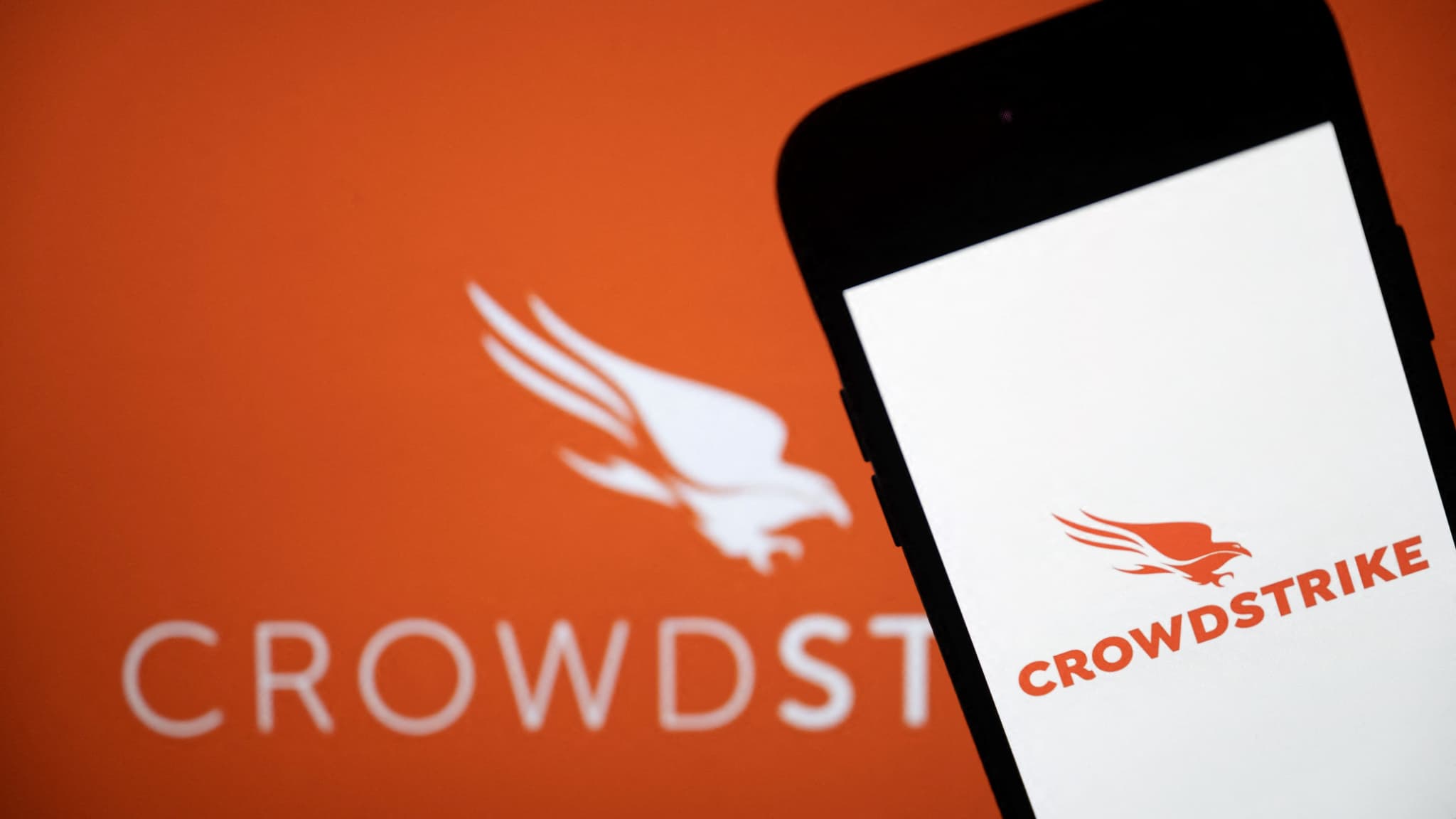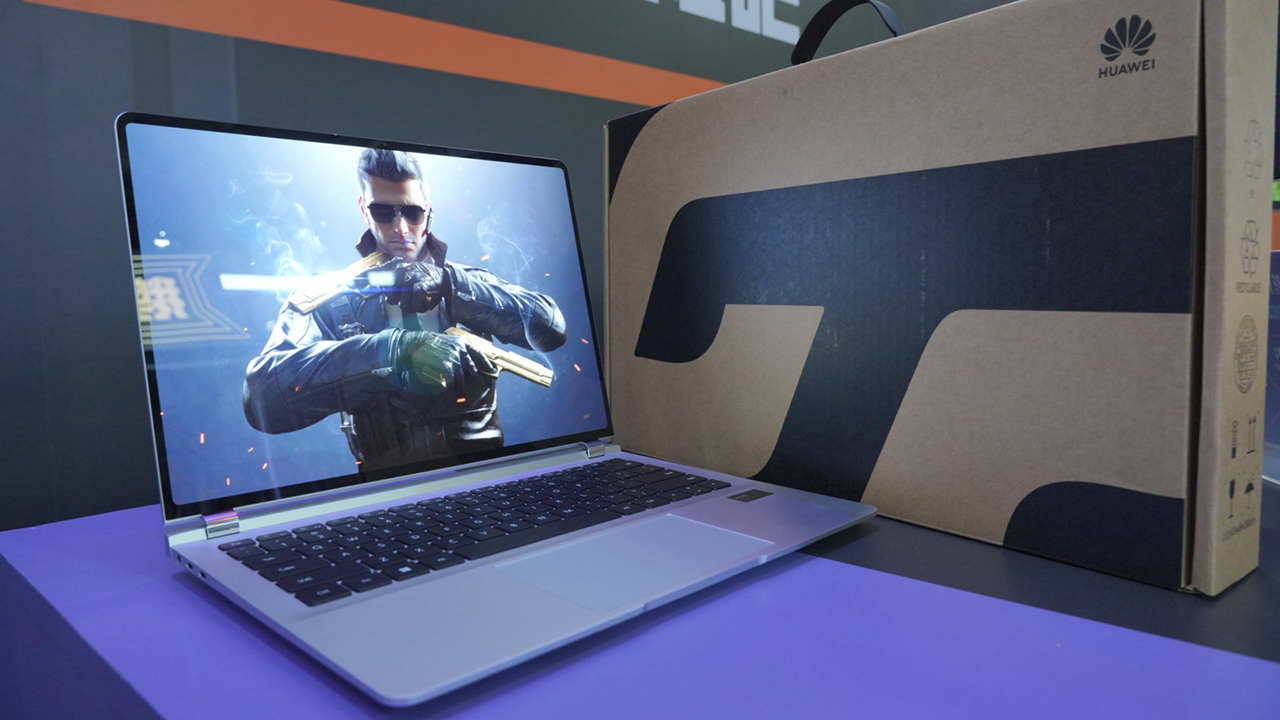Any discussion of quantum computing sounds like a leap in science fiction. Each new piece of information seems to call into question our accomplishments and our understanding of the world. In a world as captivating as that of quantum computing, there are certain truths hidden behind the difficulty of understanding quantum computers, yet they are worth highlighting. Here are a few.
It currently requires a large number of bits to generate a single qubit
As we showed you in a previous article, quantum computers work thanks to ” qubit, the quantitative equivalent ofBit of our modern computers. When we talk about the number of qubits of a quantum computer, we are generally talking about the number of logical qubits and not the number of physical qubits. In fact, due to the large error rate of the current qubits, it takes a large number of physical qubits to create a single “functional” logical qubit.
To be more clear, imagine for example an old bot, you can ask it a question. It will only respond 7 out of 10 times and crashes regularly when you ask it your question. So it will be necessary to ask him the same question too many times to finally be sure of the answer. The other option is to have several thousand old bots at your disposal, to which you can ask the same question. It is then enough to take the average of the answers and choose the one that the bot gives most often. This is broadly what happens to qubits.
When designing quantum algorithms, researchers imagine perfect and stable qubits that would do exactly what they expect. So you need a lot of physical qubits to get a few logical qubits. Researchers He estimated, for example, that it would take 20 million weak physical qubits, or 6,189 logical qubits, to solve the RSA algorithm, which is responsible for much of the Internet’s security.
Obviously, doubling the number of physical qubits is not enough to increase the power with magic. A large number of problems arise with the multiplication of qubits, such as the difficulty of cooling them all, the possibility of isolating them all…
The number of bits is not everything
When we talk about the power of quantum computers, we usually only talk about how many qubits they have or how many qubits it will take to accomplish a particular task. However, in computing, a 64-bit computer is not as good as another 64-bit computer. The same goes for quantum computers. These are not limited to their number of qubits. In a typical computer, more than the number of bits, the importance of the processor’s ability to process these bits. A high-performance processor can process and execute more operations at a faster speed than a less well-designed processor.
Similarly, a 10-qubit quantum computer is not equal to another quantum computer of the same value. Likewise, if you have a computer with poor quality 4000 qubits, it is actually no better than a computer with only 50 qubits, but it is of good quality.
Finally, the communication between all these qubits is taken into account, as well as the error rate or the number of operations that can be performed in parallel. In short, quantum computers are not only about qubits.
Can lead to energy saving
To work, our modern computers use transistors, and a lot of transistors. A modern computer usually contains several billion transistors. Small switch types that store “0” and “1” for computers that use electricity. Servers and supercomputers use huge amounts of transistors and electricity, which causes many environmental problems. Quantum processors can, According to some researchers, significantly reduce energy consumption, by a factor of 100 to 1000, thanks to its design.
«Since it takes much less time to do a calculation, it will also be more energy efficient.says Tamar Elam, an IBM researcher who studies ways to reduce the impact of cloud computing. If quantum computers are accompanied by limitations today, such as the need to cool computers to extreme temperatures, current research indicates that the total power consumption of quantum computers is still less than the ones in use today.
Scientists at Oak Ridge National Laboratory ORNL also believes that quantum computers will use much less power than today’s supercomputers. “High-performance computers with thousands of processors today use a great deal of power to perform complex scientific calculations.ORNL’s Travis Humble said. “In addition to the unprecedented ability to solve big problems, we discovered that quantum computers have the potential to reduce energy consumption by more than one million kilowatt-hours.».
Quantum computers need quantum algorithms
It may seem obvious, but it is important to note that quantum computers are fundamentally different from classical computers. Although quantum computers can run traditional algorithms, they will not be as efficient as conventional computers. It only stands out if you are given specialized quantum algorithms to solve it. As a theoretical concept, quantum algorithms have been a subject of research for more than two decades.
Besides these quantum algorithms, there are now many programming languages dedicated to quantum computers, such as Shor and Grover. Each of them has its own peculiarity. In 2020, a high-level programming language called “SilkIt was developed to facilitate the learning of quantum computers.
To facilitate learning, quantum computers in the cloud can now be accessed by companies like IBM . This availability is good news for researchers, as it allows them to try to train themselves in quantum programming with something tangible.
There are many types of quantum computers
Finally, we talk a lot.”quantum computer“But we should talk about it in the plural. Because although there are different quantum programming languages, there are also different technologies to achieve the creation of qubits and the computers associated with them, with very different capabilities and requirements for each.
” TheYou have to understand that there are a lot of different techniques that fight in duels. ‘, explains Olivier Ezrate, author of The Circular.Understanding quantum computing». «There are at least six competing technologies that are unrelated to each other. It is not similar to the difference between a computer processor and a smartphone processor. The processor of a computer and a smartphone is somewhat the same technology. On the other hand, the difference between the different branches of quantum computing is enormous. These are unrelated things. “
The materials and techniques used vary widely. For example, we’ve found quantum computers built from superconductors, semiconductors, entangled photons, silicon isotopes, Majorana fermions or even ion traps. at recent days, researchersHe proposed the use of carbon nanotubes to form qubits. Research is currently in full swing to determine the best model to follow.
“The advantage is that it creates diversity. It’s a bit Darwinian.”Olivier Ezrate concludes. “They each have very different characteristics. The flaws of some are not the faults of their competitors. We don’t know in advance how to predict which one will work or not.”

“Certified gamer. Problem solver. Internet enthusiast. Twitter scholar. Infuriatingly humble alcohol geek. Tv guru.”





